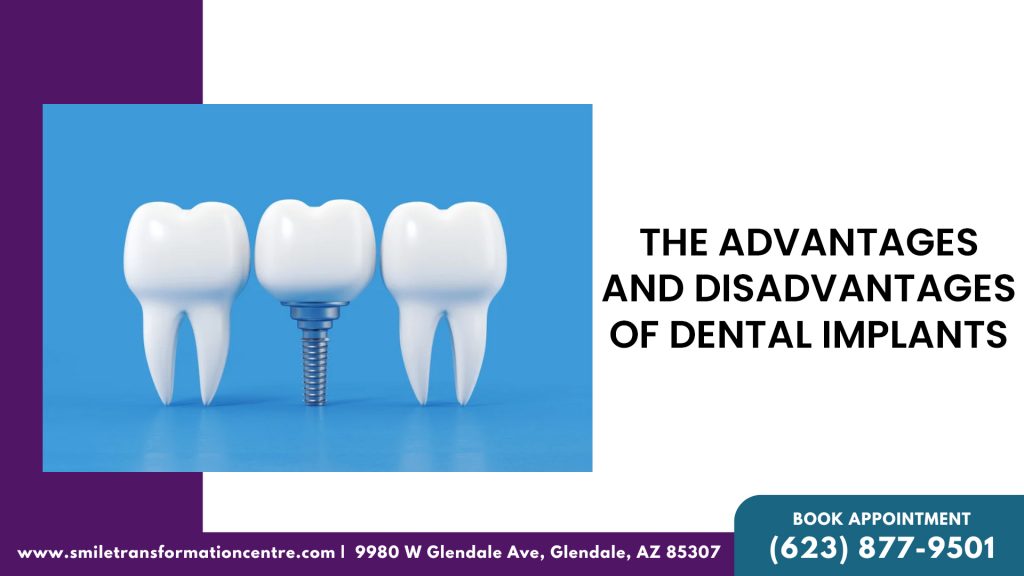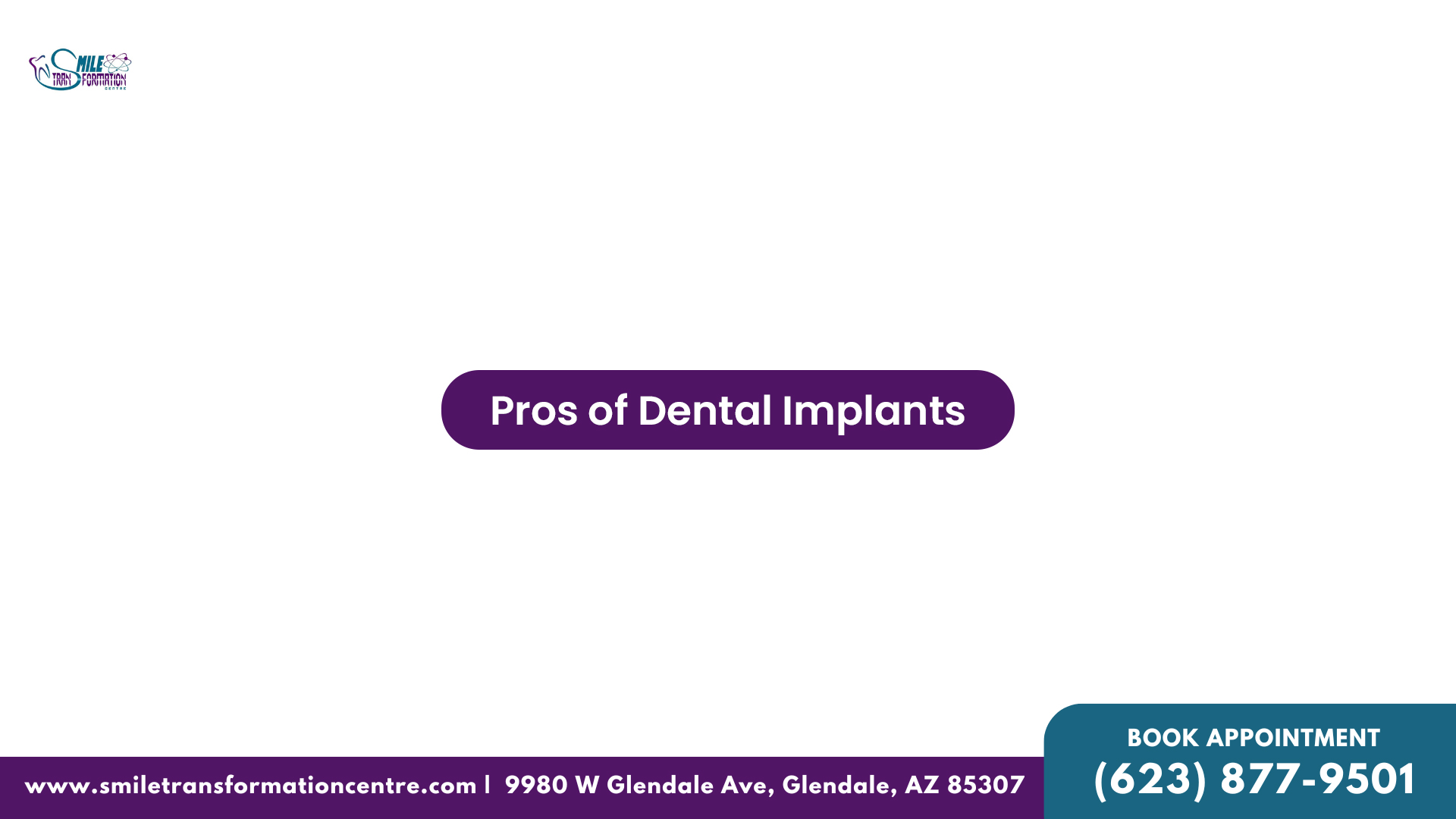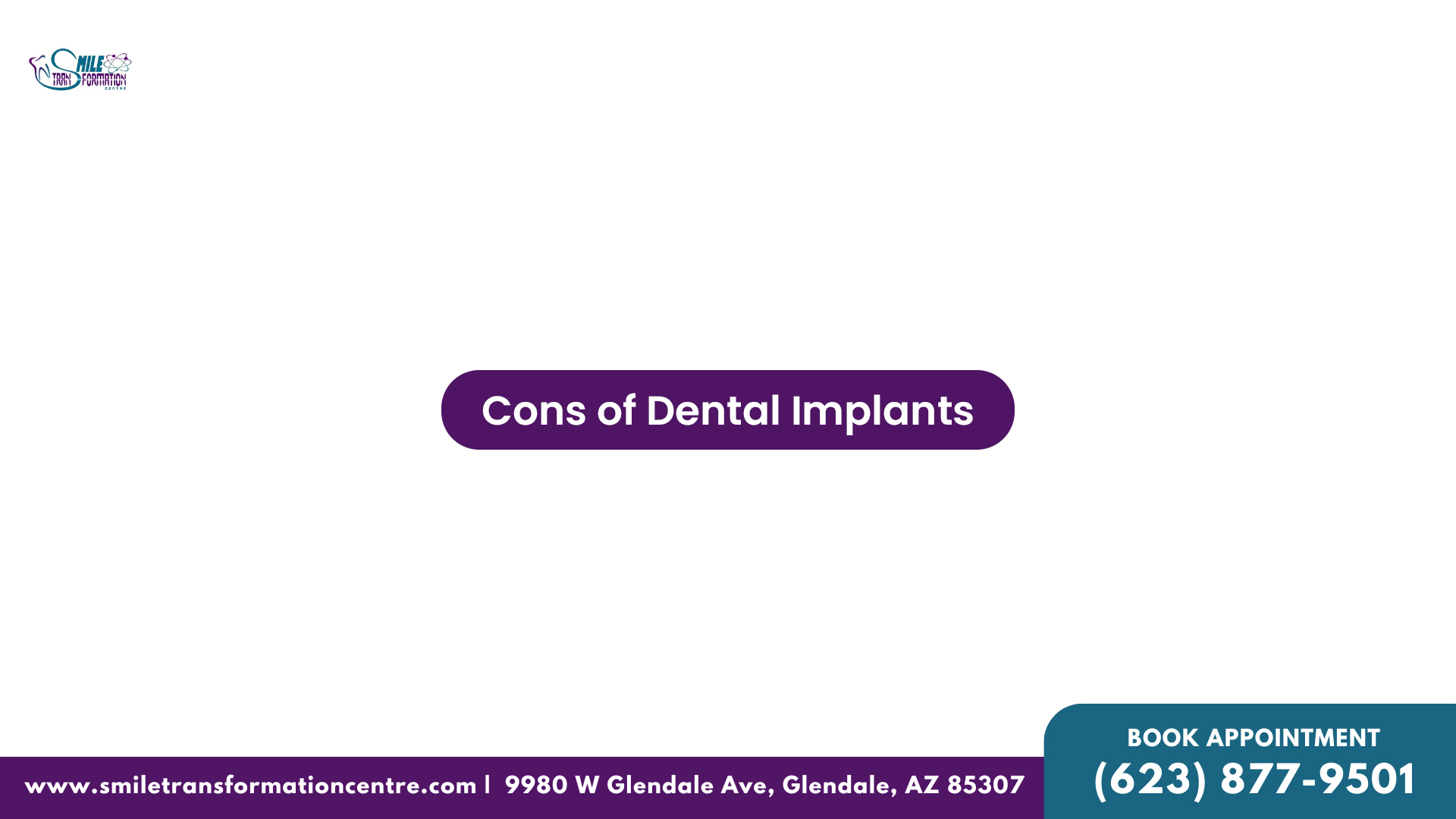Tooth loss can be a significant concern, influencing both oral health and emotional well-being. Fortunately, dental implants have emerged as a groundbreaking solution, replicating the function and natural look of teeth. However, understanding what dental implants consist of is essential for anyone contemplating this treatment.
What Are Dental Implants?
Dental implants are made up of titanium frames that are inserted into the jawbone. They serve as anchors for prosthetic teeth (crowns), which merge with the jawbone via a process known as osseointegration. The complete system includes the titanium implant, an abutment connecting the implant to the crown, and a custom-made crown that restores both appearance and function. Unlike removable dentures or bridges that can shift, dental implants become a permanent part of the mouth, providing a stable and reliable solution for those with missing teeth.
Pros Of Dental Implants
All on 4 Dental implants offer numerous benefits, making them an appealing option for individuals seeking a longterm solution for tooth loss. Some of the primary advantages of dental implants include their ability to mimic natural teeth, durability, and overall impact on oral health.
Dental implants offer a blend of durability and aesthetic appearance. They not only restore functionality but also contribute positively to self-esteem. By effectively addressing issues like chewing efficiency and speech clarity, implants provide a level of confidence that other methods may not. Moreover, their durability means a lower likelihood of future dental work compared to alternatives.
Natural Appearance And Feel
One of the most compelling advantages of dental implants is their ability to replicate the look and feel of natural teeth. Custom-made crowns can match the color, shape, and size of adjacent teeth, resulting in a seamless, authentic smile. This natural appearance is enhanced by the implants’ solid anchoring in the jawbone, enabling those with implants to carry out daily activities such as speaking and eating without worrying about their dentures moving.
Longterm Durability
When properly maintained, dental implants can last for a very long time, often a lifetime. Unlike dental bridges or dentures, which may require replacement after several years, the titanium posts of implants resist decay and provide enduring stability. This longevity can make implants a more cost-effective solution in the long run, despite the initial higher investment.
Bone Preservation
A significant advantage of dental implants is their ability to stimulate the surrounding bone, preventing the bone loss that often accompanies missing teeth. As a result, implants help keep the jawbone and facial structure intact.
Improved Oral Hygiene
Dental implants can be maintained with routine oral hygiene practices, similar to natural teeth. Regular brushing and flossing are typically sufficient, eliminating the need for specialized cleaning products or tools. This ease of maintenance encourages better oral care, ultimately contributing to healthier gums and teeth.
No Impact On Adjacent Teeth
Unlike dental bridges that rely on neighboring teeth for support, dental implants stand alone, preserving the integrity of adjacent natural teeth. This minimizes the risk of damage or decay to surrounding teeth.
Cons Of Dental Implants
Although dental implants provide many benefits, there are disadvantages of dental implants to consider. Being aware of the risks of dental implants can help individuals weigh their options carefully before proceeding with the procedure.
Despite their many benefits, dental implants can be associated with high initial costs, lengthy procedures, and surgical risks. These factors should be considered in addition to the benefits of dental implants.
High Upfront Cost
The treatment can be substantially more expensive than other tooth replacement options, ranging from $2,500 to $5,000 for a single tooth. For those on a budget, this financial consideration may be a significant barrier, although the longterm benefits may be outweigh the cost.
Extended Treatment Timeline
The process of receiving dental implants can be time consuming. It may take several months from the initial consultation to final restoration. Some individuals may prefer a quicker solution.
Surgical Procedure Risks
Implant placement involves oral surgery, which carries inherent risks, including infection and complications related to anesthesia. Although rare, issues like nerve damage or sinus problems can arise, making it essential to discuss these risks with a qualified dental professional before moving forward.
Not Suitable For Everyone
Certain medical conditions may prevent patients from being suitable candidates for dental implants. Factors such as insufficient bone density, diabetes, and smoking can hinder the healing process, making it essential to discuss risks with a dental professional.
Possibility Of Implant Failure
While dental implants have a high success rate, failures can occur in approximately 2% to 5% of cases. Reasons for failure can include inadequate oral hygiene or underlying health issues. In the event of failure, further surgical interventions may be necessary, increasing both cost and treatment time.
Alternatives To Dental Implants
For those who may not be ideal candidates for dental implants, other alternatives are available.
- Fixed Dental Bridges: – These provide stability without requiring implant surgery by anchoring substitute teeth to nearby natural teeth.
- Removable Dentures: – A non-surgical and cost-effective solution for replacing multiple missing teeth, offering flexibility and ease of maintenance.
- Mini-Implants: – A less invasive alternative suitable for individuals with reduced bone density; they provide support for crowns or dentures with a shorter healing time and lower cost.
Common Questions About Dental Implants
Is The Implant Procedure Painful?
Most patients report minimal discomfort during recovery, as the procedure is performed under anesthesia.
What Is The Lifespan Of Dental Implants?
With proper care, the implant can last a lifetime, though the crown may need replacement after several years.
Does Insurance Cover Dental Implants?
Coverage varies by policy, so checking with an insurance provider is recommended.
Can Implants Be Placed Immediately After Extraction?
In some cases, immediate placement is possible if certain conditions are met.
Are Dental Implants nNoticeable?
Implants may now be made to look and function almost exactly like natural teeth thanks to advanced technology.
Conclusion
Dental implants represent a robust solution for individuals grappling with tooth loss, providing a variety of benefits that enhance both oral function and aesthetics. While the pros and cons of dental implants must be weighed carefully, the advantages often make them a worthwhile consideration for suitable candidates. By comprehensively assessing personal circumstances, patients can make informed decisions that align with their longterm oral health goals. For individuals considering dental implant treatment in Glendale, understanding the pros and cons of dental implants allows for educated decision-making for long-term oral health and quality of life.
About Smile Transformation Centre
For those looking to enhance their smile with dental implants, the Smile Transformation Centre provides expert solutions. With a team of dedicated professionals and advanced techniques, the clinic ensures optimal results — helping individuals regain their confidence and improve their quality of life.




